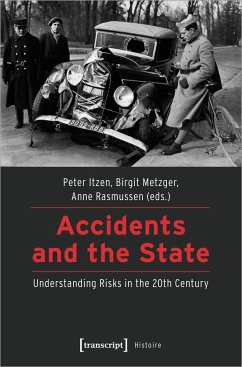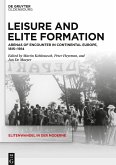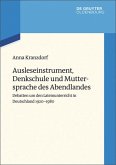The beginning of the 20th century saw a reinterpretation of the concept of the accident. While accidents had traditionally been considered as inevitable, modern societies debated about their management and prevention. The emergence of the modern state led to an unprecedented capability to deal with accidents. The state formed institutions, practices and legal concepts that considerably changed everyday life.The contributions in this volume explore social, cultural, political, administrative and medical responses to accidents in modern states. The case studies include British, French, German, Italian, Chinese and Chilean experiences and thus provide different national perspectives on the governance of risks.







